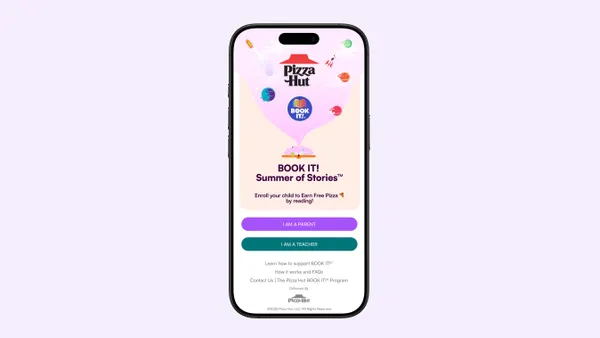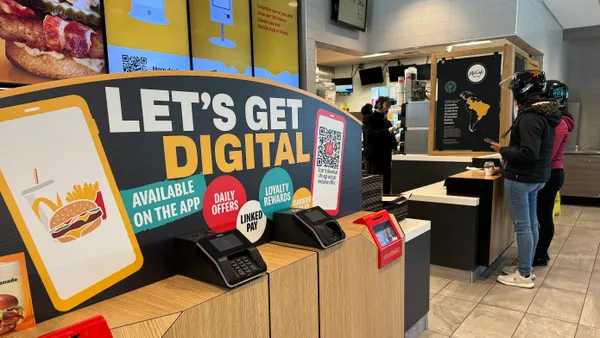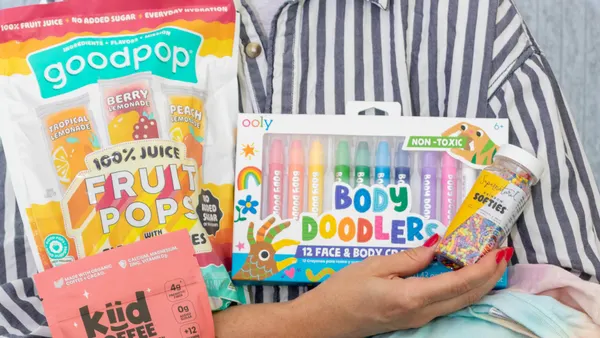Brief:
- Sony this week is debuting a limited-time augmented reality (AR) experience inspired by the 35th anniversary of the movie "Ghostbusters." Visitors to Ginza Sony Park in Tokyo will have a chance to battle virtual ghosts while wearing the Japanese company's prototype AR headsets from Oct. 12 to Dec. 8, per its website.
- Sony's "Ghostbusters Rookie Training" is a location-based gaming experience that mixes a real-world setting with computer-generated imagery projected on the lenses of the AR headset. Sony Park employees working as "trainers" will lead participants around the park as they capture virtual ghosts.
- To participate in the experience, people can apply on Sony Ginza Park's website for a limited number of openings. About 120 to 150 people each week will be selected to participate in the AR experience, which lasts about an hour.
Insight:
Sony's "Ghostbusters Rookie Training" provides a glimpse of how the company is experimenting with immersive video games for wearables. AR headsets are forecast to make up a significant category of the wearables market, and may substitute smartphones for some consumers who prefer voice-enabled and hands-free control of connected devices. The International Data Corp. this year estimated that annual AR headset shipments will grow about 47% a year to 36.7 million units by 2023.
Sony's AR headset prototype comes as almost every major tech company invests in the next generation of wearables. Apple, Facebook, Google, Microsoft are among those that already sell headsets or have indicated interest in the burgeoning market through acquisitions and investments. Apple this week bought U.K. special effects studio iKinema, the latest in a series of acquisitions that foreshadow the arrival of an AR-powered headset as early as next year. Facebook last month reportedly partnered with Ray-Ban parent company Luxottica to develop AR glasses that aim to replace smartphones.
Despite market signals around the popularity of AR headsets, consumers largely appear indifferent, leading some tech companies to shift their target audiences to more niche audiences. Google ended its Glass Explorer program in 2015 but later relaunched the product as Glass Enterprise Edition for workplace uses. Microsoft's HoloLens 2 headset also is mostly intended for the enterprise market.










